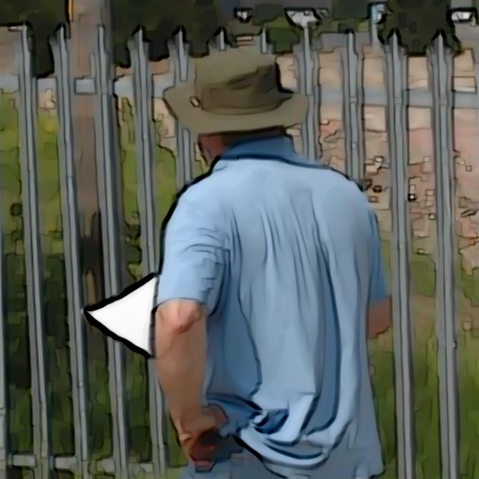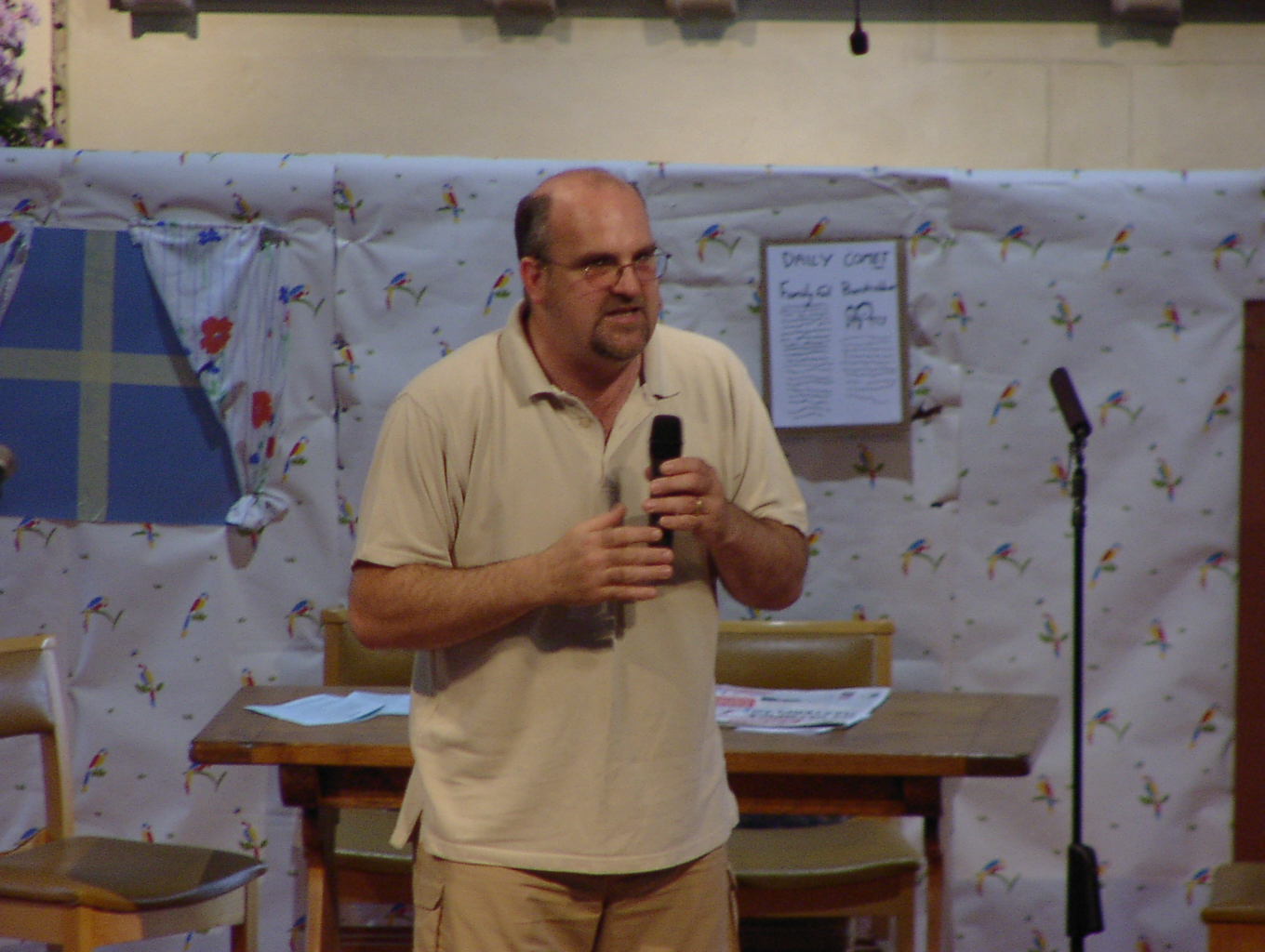tale2tell original Bible Stories series – New Testament
Based on Matthew chapter 21 verses 12 to 32
Jesus Clears the Temple
DISCIPLE ANDREW ‘Hi, I’m Andrew, Simon Peter’s brother, one of Jesus’ disciples. We’d seen Jesus come to Jerusalem with crowds singing His praises and throwing their cloaks on the ground before Him as He rode a young donkey. And just like us, we knew that the crowd thought Jesus was the Messiah who’d come to rule Israel and set us free from the Romans. (P) Funny thing that He should’ve chosen a young donkey to ride on though, because a warrior king would have chosen a warhorse. A donkey spoke more – about peace! But then again, Jesus kept trying to tell us that He wasn’t going to be the kind of Messiah we expected.’ (PAUSE)
‘When Jesus arrived in Jerusalem, and the donkey had been sent home, Jesus went to the temple – the most Holy place in Israel. But when He got there He kind of went crazy – or so we thought. The temple was where all the sacrifices took place, and this was very important because when normal people, like us disciples, came to the temple, we would say sorry to God for our sins, and instead of us being put to death for our sins like the law demands – for all those who break God’s laws deserve to die – the animal was put to death in our place. When this happened, when the animal died in our place, God forgave us.’
‘But the leaders in the temple had worked out how to make lots of money from this. Firstly, they said that they had to provide the animals for sacrifice and so we had to buy them in the temple and not bring our own. Then, we weren’t allowed to use our own money to buy the animals. We had to exchange our own money for special temple money which we could then use to buy the animals and whatever else we needed. This way, the leaders and the chief priests made a lot of money out of the people as they came to try and worship God.’
‘Anyway, as I was saying, when Jesus arrived in the temple, He went kind of crazy – as in He got very angry!! I guess He must have seen what was going on, that the ordinary people were being cheated, and that all that mattered to the leaders was making money. First, Jesus drove out all the merchants and their customers! Then, and we couldn’t believe our eyes when He did this, He turned over the tables of the moneychangers, scattering both the temple money and the ordinary money all over the floor! Not only that, but He also knocked over the stalls of those who were selling doves for sacrifice, and then refused to let anyone into the temple who was bringing in merchandise of any type! And as He did this He shouted, ‘The Scriptures say, ‘My Temple will be called a place of prayer,’ but you have turned it into a den of thieves!’’
‘We just watched – open-mouthed! This was going to cause real problems with the chief priests! But after Jesus had done this, showing how unhappy He was that the place for meeting God had become a place for making money – the blind and the lame came and found Him. They came to Him in the temple and He healed them all!’
‘The chief priests and teachers of the law saw all these wonderful miracles and, to their disgust, as Jesus healed these people, some children started shouting, ‘Praise God for the Son of David.’’
‘‘Have you heard what these children are saying?’ they asked, furiously.’
‘’Yes, I have,’ Jesus replied. ‘But haven’t you read what the Scriptures say? They say, ‘From the mouths of children and infants you have prepared praise.’ After this, we went back to Bethany and stayed there overnight.’ (PAUSE)
‘Next morning as we headed back to Jerusalem I felt sure Jesus would be in trouble with the chief priests and teachers of the law for the way He’d cleared out the temple, so when we arrived I wasn’t surprised to see a group of them waiting to talk to Him. ‘By whose authority did you drive out the merchants from the Temple yesterday? they demanded. ‘Who gave you this authority?’’
‘Jesus looked at the group of them but instead of answering their question, He asked one of His own. ‘I will tell you who gave me the authority to do all these things if you can answer one simple question. John’s baptism, did it come from heaven or was it merely a human thing?’’
‘The group huddled together to discuss the problem through. ‘What’re we going to say?’ they asked. ‘If we say it was a heavenly thing, then Jesus will ask us why we didn’t believe John. And, if we say it was a human thing, the crowd’ll mob us because they’re convinced John was a prophet.’ So after some more discussion they said to Jesus, ‘We don’t know.’’
‘’Well then,’ replied Jesus. ‘I won’t answer your question either! Instead,’ He continued, ‘think about this. A man with two sons told his older son, ‘Son, would you go and do some work in the field for me today?’ The son replied, ‘No, I’m not going to do that.’ But later on he changed his mind and went and did what his father had asked him to do. Then, the father went and found his other son and said the same thing to him. ‘Yes, of course, I’ll go,’ said the younger son. But in fact, he didn’t go at all. (P) Which of the two sons obeyed their father?’’
‘‘The first one of course,’ answered the group of chief priests and teachers of the law.’
‘Then looking at them closely Jesus explained the meaning of the story: ‘I’ll tell you a fact!’ He said, ‘Corrupt tax collectors and all kinds of wicked people are entering the Kingdom of God ahead of you! For John came and showed you the way of being right with God, and you didn’t believe him. But the tax collectors and wicked people did, and have become right with God themselves – turning away from their sins! And even after you saw this, you still refused to turn from your sins and believe him.’’

